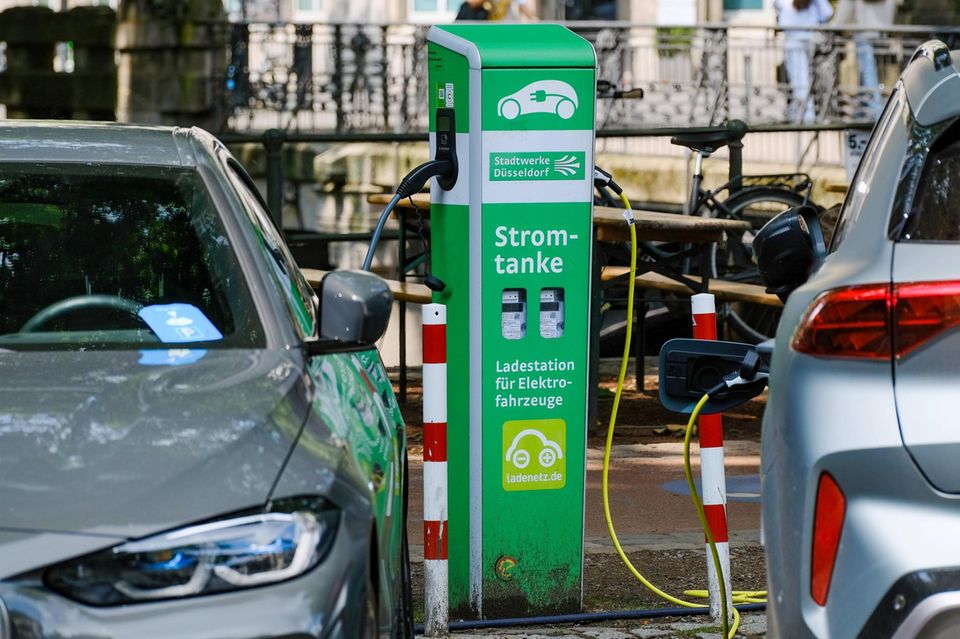Energy policy: The battle over electricity prices | Capital+

Something new is being built here: Wind turbines are being installed at a solar park in Roitzsch near Halle
© Yevgeny Roppel
The government promises cheap electricity and a fresh start in energy policy. But that will be expensive, and someone will have to pay for it. Who wins—and who loses?
One side of Germany's electricity problem can be seen on the roof of Werner & Mertz. Up here above an industrial park in Mainz, the problem seems essentially solved. The company, manufacturer of Frosch brand cleaning products, has installed large-scale photovoltaic modules on its headquarters building and the adjacent industrial hall. In addition, there are small wind turbines that rotate vertically. Finally, Werner & Mertz has signed a direct supply agreement with a wind farm operator that produces electricity safely and emission-free.

More than half of humanity lives in cities, often in one of 34 megacities. Only in one country are they shrinking. These are currently the largest cities in the world.

Interest in electric cars has recently increased significantly, and their share of new registrations is rising. Manufacturers are playing a key role in this.

Amazon founder Jeff Bezos' planned mega-wedding in Venice is exciting Venetians, provoked by all the pomp and circumstance. However, a few are sensing a big deal.

€25,000 isn't a fortune, but it's a perfect foundation for building a securities portfolio. Capital explains the basics – and how the money should be invested for shorter or longer periods.

In 1921, Republicans sought to protect US jobs with high tariffs. The American Selling Price led to the Great Depression. It remained in place for decades and nearly halted the rise of the Nike shoe company.

Fewer US securities and fewer tech stocks – these are the biggest changes in the portfolios of independent asset managers. Which stocks have they bought instead?
capital.de




